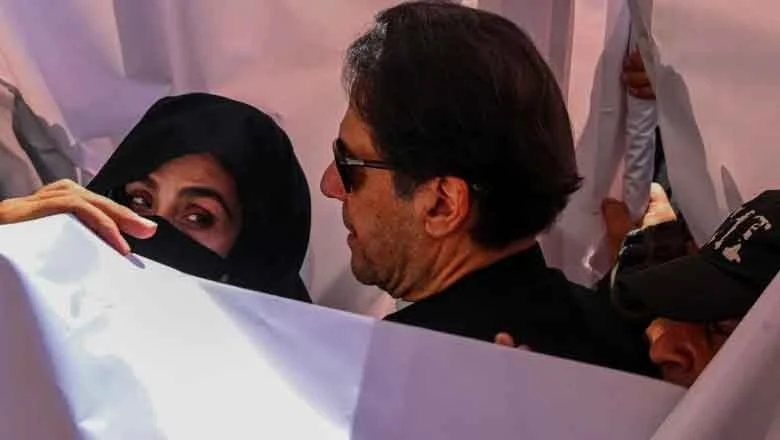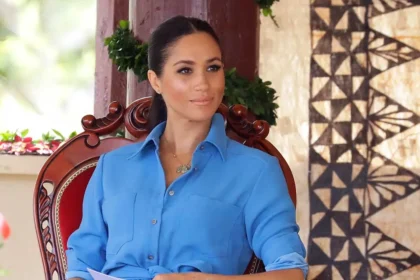Former Prime Minister Imran Khan and his wife, Bushra Bibi, have been sentenced to jail in a series of high-profile corruption cases, a development that has sent ripples through Pakistan’s political and social fabric. The verdict has raised significant questions about accountability, political motivations, and the future of Pakistan’s democracy.
The Charges and Sentencing
Imran Khan, the leader of the Pakistan Tehreek-e-Insaf (PTI) party, was convicted in the Toshakhana case, which accused him of illegally selling state gifts for personal gain during his tenure as Prime Minister. These gifts meant to be deposited in the state’s official gift depository, were allegedly sold without proper authorization, yielding significant profits.

Bushra Bibi, Khan’s wife, was also implicated in corruption cases, including allegations of financial irregularities and misuse of influence. Both Khan and his wife have denied all charges, claiming the cases are part of a politically motivated campaign to undermine their influence and discredit PTI.
Khan was sentenced to [duration of sentence], while Bushra Bibi received [duration of sentence]. Their legal teams have announced plans to appeal, citing a lack of transparency and procedural flaws in the trials.
Political Fallout
The sentencing of Imran Khan, one of Pakistan’s most influential political figures, has triggered widespread reactions. His supporters view the charges as a blatant attempt to eliminate him as a political rival, while critics argue the convictions are a testament to the justice system holding even powerful leaders accountable.
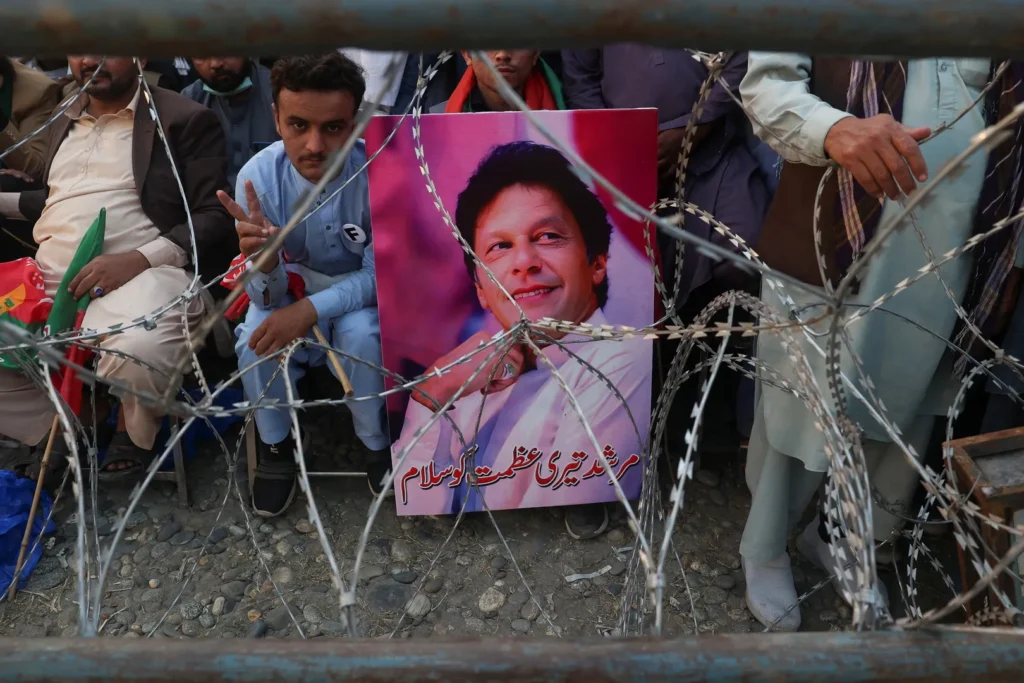
For PTI, this marks an existential challenge. The party’s identity has been closely tied to Khan’s leadership, and his absence could create a vacuum that may weaken its organizational strength ahead of the upcoming general elections.
Public Reaction and Protests
News of the sentencing has ignited protests in several cities, with PTI loyalists demanding Khan’s release. Demonstrations in Islamabad, Lahore, and Karachi have drawn thousands of supporters, creating concerns about public unrest.
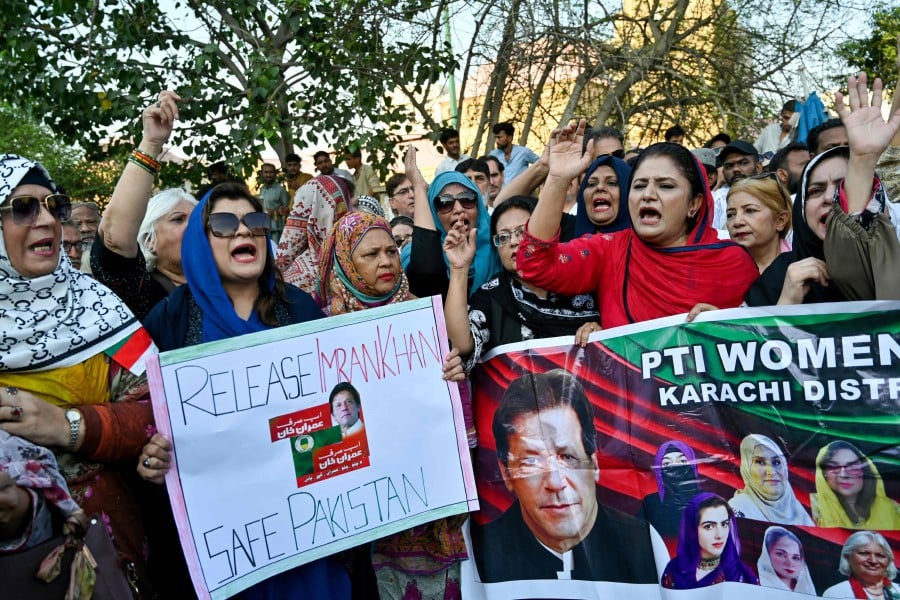
While some citizens see the verdict as a victory for accountability, others worry it sets a precedent for politically motivated trials, deepening divisions in an already polarized nation.
Implications for Pakistan
The sentencing has far-reaching consequences for Pakistan’s political, economic, and social landscape:
- Political Instability: With Khan behind bars, PTI may struggle to maintain its influence, potentially altering the dynamics of Pakistan’s political opposition.
- Public Distrust: The perception of political bias in the judiciary could erode public trust in Pakistan’s institutions, fueling further polarization.
- International Image: Pakistan’s reputation as a democracy is under scrutiny. The international community will closely watch how the country balances justice with political stability.
- Elections: The general elections, expected later this year, could be significantly impacted. Without Khan actively leading PTI, voter turnout and party cohesion may suffer.
What’s Next?
Khan and Bushra Bibi’s legal teams are preparing to challenge the sentences in higher courts, which could extend the legal battle for months. The decision of the appeals courts will play a crucial role in shaping their political futures and the broader political narrative in Pakistan.
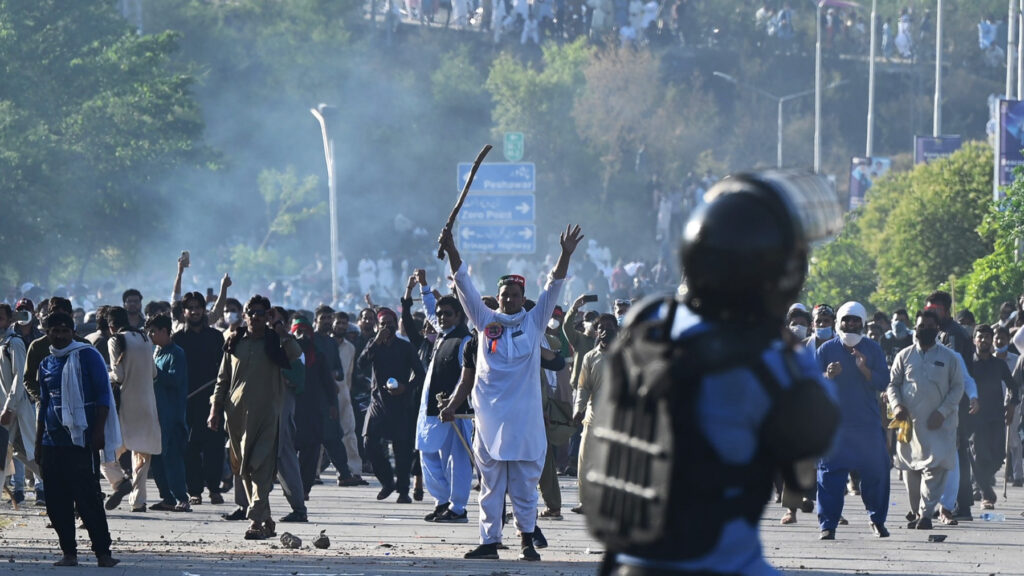
Meanwhile, the government faces mounting pressure to manage public discontent and ensure a peaceful electoral process. The response of PTI’s supporters and the general populace will be instrumental in determining the next chapter of this unfolding drama.
A Pivotal Moment in Pakistan’s History
The sentencing of Imran Khan and Bushra Bibi is not just a personal setback for the couple but a moment of reckoning for Pakistan. Whether seen as a step toward accountability or a politically charged maneuver, this development highlights the complex interplay of law, politics, and public sentiment in shaping the nation’s future.
As Pakistan navigates these turbulent times, the balance between justice, democracy, and stability remains precarious. The coming months will be critical in determining whether the country can emerge stronger or slide deeper into political chaos.


